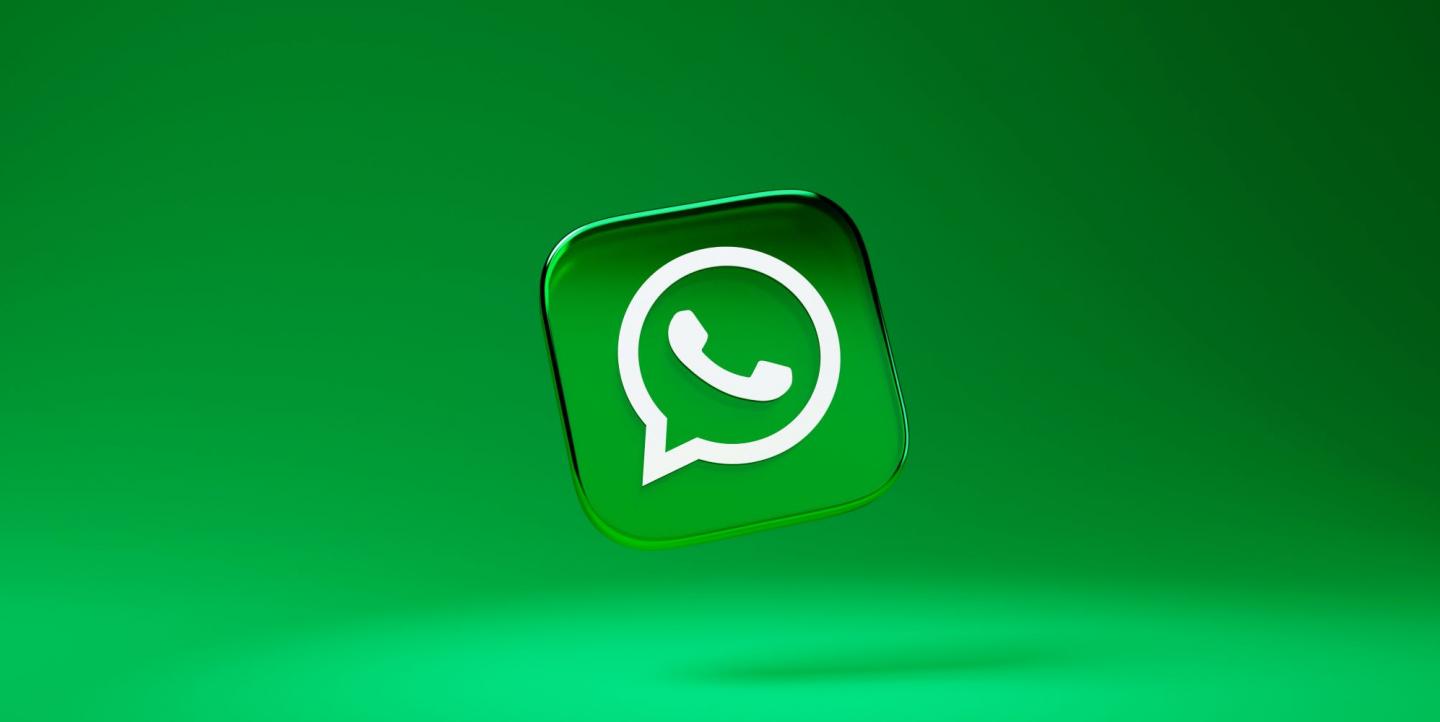As a journalist who has been freelancing for almost 25 years, I have witnessed many changes in the news gathering process. From filing news stories via fax to sending an email for the first time, to using Skype and Zoom for interviews, technology has changed news reporting significantly and rapidly.
One new trend that I have witnessed lately, especially in countries outside the U.S., is the rise of what I like to call "WhatsApp journalism."
Created in 2009, WhatsApp is the most popular messaging service in over 100 countries. It has over 2.5 billion active users, and is one of the few apps that has been downloaded more than five billion times.
How journalists use WhatsApp
Many journalists use WhatsApp to interview sources using the voice memo feature, especially in locations where phone lines are unreliable.
"I use it a lot, especially in covering the news in Yemen as it is hard to get a clean phone line there. I end up sending the questions on WhatsApp and get the answers back in text or voice," said Amjad Tadros, an Emmy-award winning journalist and CBS reporter in Amman, Jordan.
Meanwhile, Nabih Bulos, staff foreign correspondent in the Middle East for the LA Times, said he uses WhatsApp in his reporting at least "50% of the time."
[Read more: A guide to using the WhatsApp Business API for audience engagement]
"I use WhatsApp for reporting, whether to look up news channels that are sending alerts, or to contact people where internet connection is okay and phone lines are not, or whether to keep track of sources," Bulos told IJNet. "It's essential, simply essential.”
Bulos said that he used WhatsApp in Syria to reach out to people since the WhatsApp number stays with the owner when they move to another country. "When I covered the migrant crisis in 2015, we would meet people along the road. We can reach out to them via WhatsApp when they finally get an internet connection," he explained.
According to Matt Navarra, a social media consultant and industry commentator, WhatsApp can be a valuable tool for journalists for several reasons:
- Using WhatsApp to ask questions of a source, eyewitness, or subject matter expert adds a greater sense of intimacy and informality between the journalist and interviewee. It's useful especially when the person being interviewed feels anxious or is guarded with their answers.
- WhatsApp messages are encrypted, which is particularly important when chatting with whistleblowers or sources whose circumstances demand strict confidentiality and privacy. Journalists may find using WhatsApp puts a source at ease, as opposed to a phone call, email, or in-person interviews, which may make them feel more vulnerable.
- WhatsApp voice messages can also provide journalists with richer, more nuanced responses, which may be lacking from a written reply.
- WhatsApp can help journalists reporting on the move, or if they are up against a tight deadline. WhatsApp, and other encrypted messaging apps, enable journalists to quickly and securely capture key details for a story which they can instantly distribute to newsroom colleagues.
[Read more: Tips and tools for shooting video on your phone]
The drawbacks
Using WhatsApp for reporting comes with its own set of risks and drawbacks.
"My issue with WhatsApp journalism is that many journalists rely on it exclusively to talk to people they haven't met in person," said Bulos. "This was especially the case in Syria since access was an issue. Journalists would contact someone who claimed to be in a certain area. There is no way to prove that they were in that area.”
Bulos’ primary concern is how easy it is to mislead via WhatsApp. "You can fall in the trap of being tricked into some really dumb reporting."
Maintaining privacy and confidentiality while using WhatsApp is another issue.
"Journalists need to maintain the highest levels of mobile device security to protect privacy and confidentiality of WhatsApp message exchanges between them and a source for a story," explained Navarra. "This can be mitigated by switching on additional security features such as Face ID to open WhatsApp and complex PINs and passwords on their devices. The use of disappearing messages can also be useful when discussing sensitive information in WhatsApp chats."
For Tadros, one of the drawbacks of WhatsApp reporting is losing the spontaneous nature of reporting and the back-and-forth discussions. "Also, the guest somehow has the advantage of pre-thinking the answers, and they tend to become bland," he pointed out.
Photo by Dima Solomin on Unsplash.


